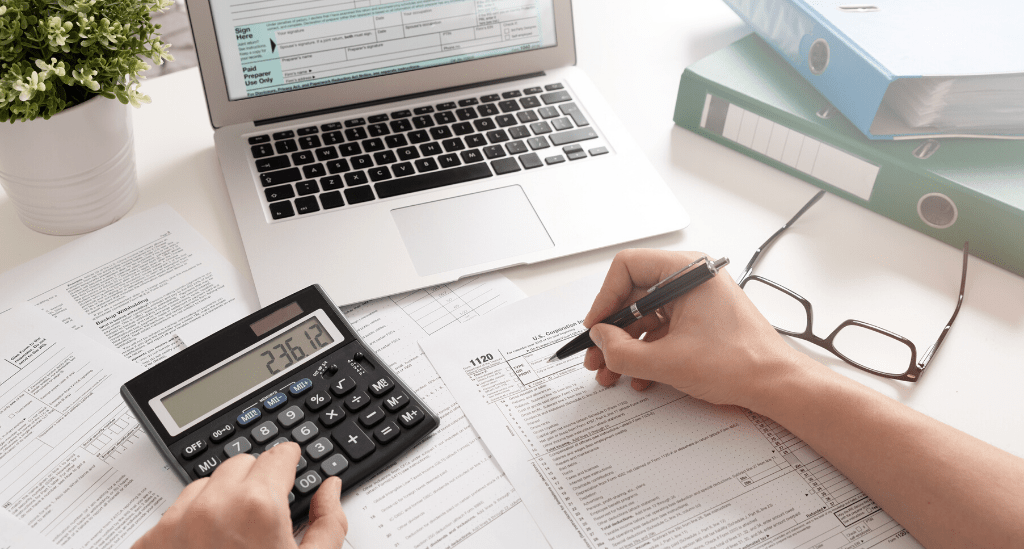If you’re a small business owner who is considering applying for a loan, there are many things that you can do in advance to prepare. Understanding common lender concerns is essential, and an important consideration for lenders are liens.
We’ve compiled a brief look at liens, including what they are, where they come from and how they can impact your small business.
What is a lien?
In the broadest sense, a lien is a legal claim against a party or entity’s property or assets. Essentially, when a lender files a lien against a business, they’re granted a legal right to ownership over the borrower’s personal or business assets.
Though a business lien gives a lender a claim over a borrower’s assets, these assets do not change hands as long as the borrower repays their debts. However, if the borrower defaults on their loan, then the lien gives the lender the right to seize the borrower’s assets to recoup some of the financial losses incurred by the unpaid debt.
For example, say you need financing to purchase new equipment for your business. When you take out the loan, the lender may file a lien on business assets. This business lien alerts all other entities in the state in which you operate that the lender has the legal right to seize some or all of your business assets in the event that you default on the loan.
What types of liens apply to small businesses?
Small business owners may find several types of liens on business assets and personal property.
Here are the two most common business liens:
1. Universal Commercial Code (UCC) lien: Also referred to as a “UCC filing,” a UCC lien is often obtained by lenders on collateral that business owners pledge in exchange for a business loan. In addition to providing financial security to the lienholder, a UCC filing also lets other potential lenders know what collateral is already pledged and which lien position they’d be in if they chose to make a loan.
There are two common types of UCC filings:
- Specific collateral lien: Gives the lender a claim to specific business assets, such as a piece of equipment.
- Blanket lien: Gives lender right to all business assets.
2. Tax lien: The federal government (via the Internal Revenue Service, or IRS) or a state tax agency can issue a tax lien against a business or individual for unpaid income, sales or other taxes. These liens can last until the full balance of the taxes owed are paid, as well as any associated fees and penalties.
How can liens affect your business?
UCC Liens: If you’ve received a loan with a bank or an alternative lender, you likely have a UCC lien on your business. UCC liens are a normal part of small business financing and required by most lenders. As long as you repay your debts and don’t default on your loan, a UCC lien will not have an impact your credit score.
With that being said, UCC liens are filed in succession, which means that a business can have multiple UCC liens filed against them at any given time. The lender who files the first lien against a business is in the first lien position and has the first claim to a business’s assets if they default on their loan. For this reason, some lenders will choose not to loan to businesses with existing UCC liens filed against them. Fortunately, Pursuit does offer loans to businesses with existing UCC liens, provided that their credit report shows that they’re making good on their debt repayments.
Tax liens: Tax liens, on the other hand, can have major implications for your finances, for instance:
- They can lower your credit score: Tax liens can appear on your credit history, which can affect your overall credit score.
- They can impact your chances of loan approval: Tax liens are a part of the public record, which means that when applying for a loan, lenders can look up your public lien records. Having a tax lien against you is often a demonstration of poor character as a borrower, which can impact your chances of loan approval.
How to check and remove your lien status?
As a business owner, it’s critical for you to be aware of any liens against your business. Both tax and UCC liens are public record, so it’s relatively easy to check the status of liens against your business.
If a lien appears that you weren’t aware of, make sure that it’s yours and not an error. Contact the lienholder immediately, as getting this sorted out can take some time. If it is yours and you’re able to pay off the debt, do so, then provide “proof of payment” to the credit bureau and ask that the lien be removed. And if you have a tax lien, you must pay it and request a “Lien Satisfaction Letter” from your county clerk.
If you’re not able to pay off a lien in full but do make regular payments as expected or agreed, you may be able to get the lienholder to verify that you’re making good on your debt, which can help you when you meet with lenders.
Talk to Pursuit’s Business Advisors for help
Every day, Pursuit’s business advisors educate small business owners on how to better manage their businesses and meet their financial goals, including providing business loans. Contact us today to learn about how we can help you.
